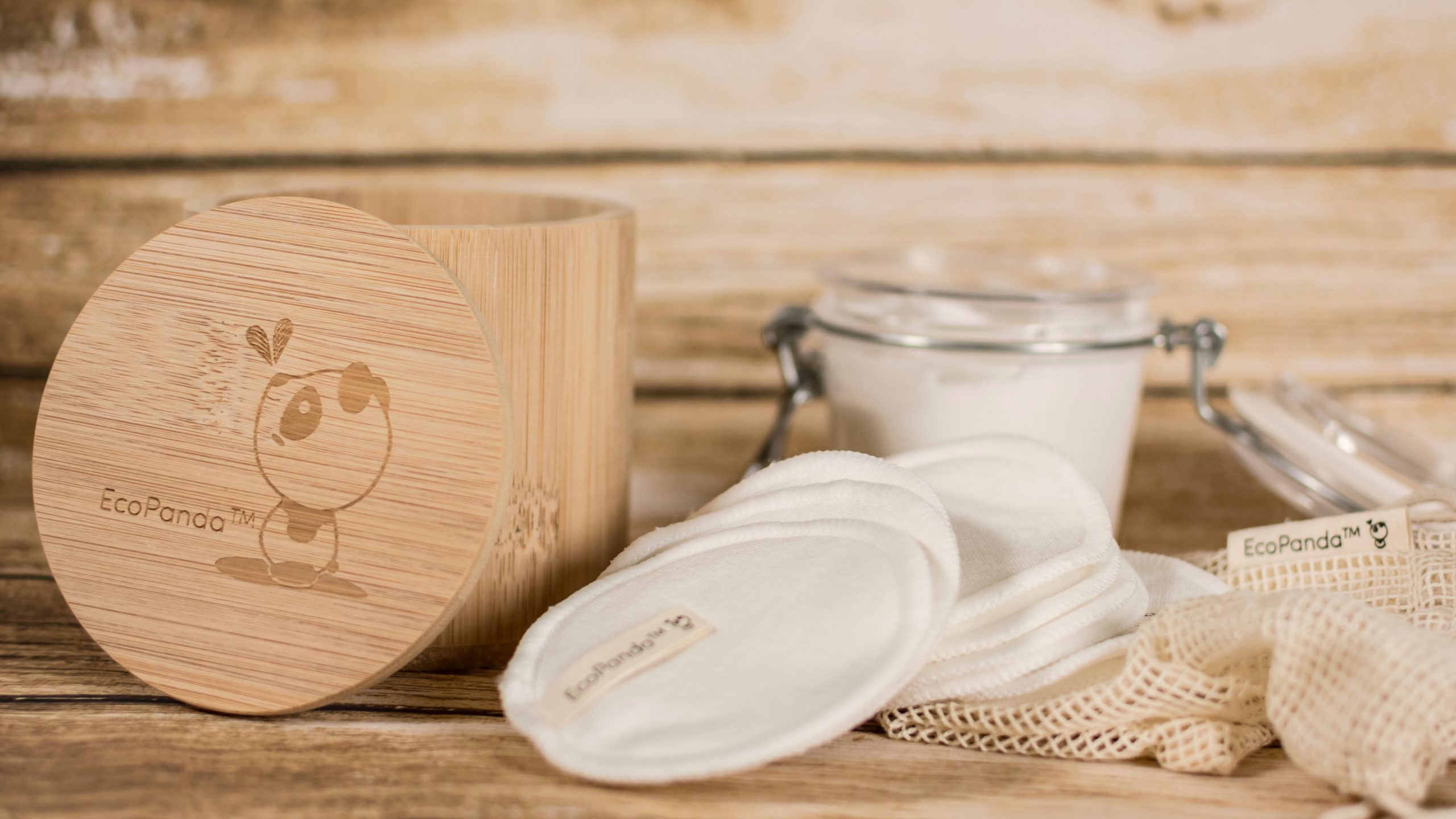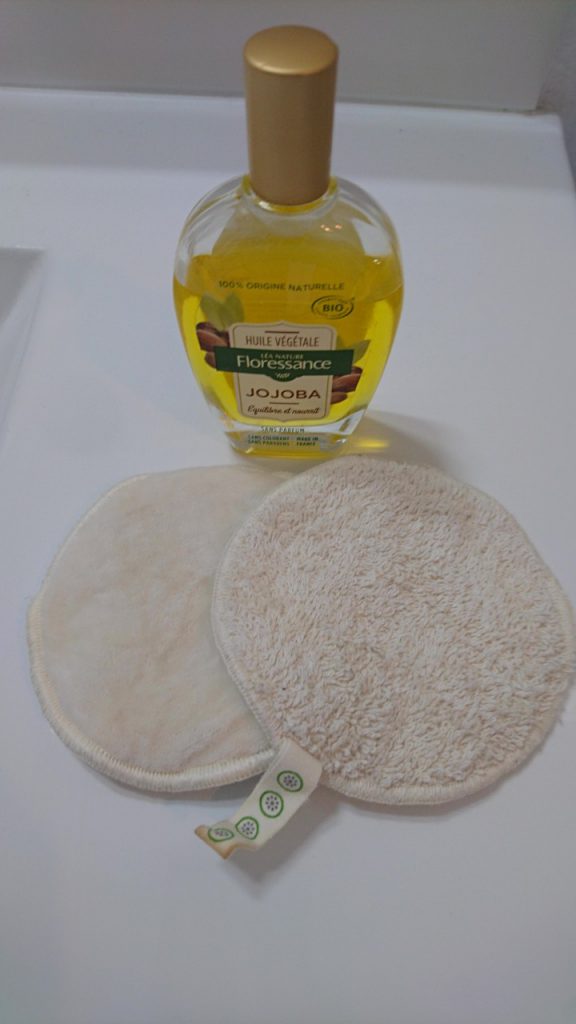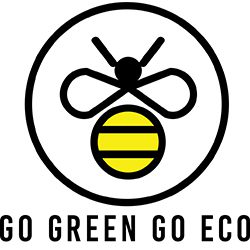
Hello and welcome to my first pos about coronavirus and ecological benefits! What a surreal time to start a blog!
This week has been overtaken by the coronavirus pandemic and as a result a temporary lockdown. While many disagree that the coronavirus crises could bring positives, I am hoping that this unprecedented situation could have the lasting positive impact on the planet.
I am not cheering on the coronavirus. I simply see the current pandemic as a behavioural change opportunity. Self isolation gives us time to reflect – as if ‘the planet sent us to our bedrooms to rethink what we have done to it”.

Household staples
The start of a lockdown coincided with shops closures and oversaturated home delivery services. This made me wonder which of the products from my weekly shopping are going to run out and whether I will be able to easily restock. I rummaged through my cupboards and what did I find? I am nowhere near to self-sufficiency but I am partially ready for the coronavirus closures.
Reusable wipes
It has been a while since I swapped kitchen towels (I have to hold my hands up – I still use them in small quantities) and baby wipes to two eco alternatives:
- Cheeky Wipes – a set of washable colourful cotton wipes kept in a designated container and simply cleaned in a washing machine. Very useful for dirty hands, chocolate covered little faces and other messy activities. When our daughter was tiny we also used wipes for cleaning bums. They were kept in two plastic boxes – one with clean wipes and one with water and essential oils for the dirty ones. Each day we rinsed them and then washed in a washing machine.
- Bamboo towels – an easy replacement of a kitchen towel, cleaned in a normal wash. The producers claim they can be used up to 85 times – I haven’t tested them enough yet to confirm. But they’re for sure a great way to avoid waste especially that used paper towels cannot be recycled.
Make up pads
This is the latest addition gifted to me a few days before the lockdown started. How lucky as my shop bought non-reusable pads were just running out.
- Removal pads – I have a set of 5 but so far it has been sufficient. I use one each evening and straight away rinse it with water and soap and put to a washing machine. The other alternatives are simple muslin squares. If you have a few one left from your children, simply cut them in small squares and they are ready to use.

Kitchen essentials
There are many reusable alternatives to choose from. So far we tested mainly the food storage alternatives and we enjoy using:
- Sandwich wraps – I picked the bee wax ones having seen many positive reviews. They can be handy as sandwich wraps, to freeze and store food in the fridge or simply cover leftovers. They are made by infusing pieces of cotton with a mixture of food-grade beeswax, pine rosin and oil, usually jojoba or coconut. The waxy coating makes the cloth waterproof, but breathable. I simply wash them with cool water, dry and reuse.
- Food container lids – my favourite ones so far are silicones covers that are not only reusable but save me time searching for tupperware lids! They stretch easily and fit multiple types of containers. The downside is that they can slide and sometimes break when badly fitted. I clean them with hot water and washing liquid and leave to dry.
- Vegetable storage bags – to avoid using plastic containers, I introduced cotton alternatives like the Turtle bags. You can also make them yourself. The principle is to keep them breathable, easy to clean and light. You can take them to a supermarket to pack loose fruit and vegetable or use at home.
Cosmetics useful during the coronavirus lockdown
When it comes to cosmetics, I have been far less successful. But I keep on testing new products with better and worse results. The idea is to find what works for your skin type and your family requirements. Swapping to reusable or long use products is a great opportunity to review ingredients and search for natural options. I have been following two simple rules:
Short labels – if you see less than 10 ingredients and are able to decode what they are, it makes this product more natural and a healthier choice.
Skin checker apps – there are far too many to choose from. Pick the one specific to your country and use a QR code. You will see a list of ingredients and warnings regarding potential allergies, chemical content etc.
- Soap – we’re finishing the last few liquid soaps we had in our cupboards. I have been buying refills for a long time now but all of them come in plastic packaging. My latest discovery has been a solid Aleppo soap. It can be purchased without any packaging and is made out of natural ingredients (olive oil, laurel berry oil, water and lye) and it lasts for a very long time – handy for coronavirus lockdown circumstances.
- Crystal stone deodorant – in order to avoid chemicals present in majority of deodorants, I bought a roll on stone as recommended by one of my friends. It needs to be used wet and applied on clean armpits. It is made of natural mineral salt called potassium alum which has been shown to have antimicrobial properties. Sadly it hasn’t worked for me. While I am not keen to forgo deodorant completely, I am also not ready to stink either. So I have parked this idea for now. Although the current self-isolation circumstances might be a good moment to give it another go.
- Make up removal products – it’s been some time since I have been using micellar water as a cleanser. It is pleasant for the skin but comes in plastic bottles. To decrease the plastic waste I started testing jojoba oil. It can be used on its own or mixed with water. While it is not reusable it usually comes in glass containers and lasts for a long time.
Good things to come out of coronavirus – in press
- Climate crisis: could coronavirus make us step up our actions?Imagine that we felt the same sense of emergency about the climate crisis as we do about coronavirus.
- Climate friendly airline bailouts: new ideas emerge to link financial help with carbon emission criteria.
Democrats call for pollution reduction requirements in any aid for airlines. - Working from home: business continuity plans didn’t see the pandemic coming.
Coronavirus may create lasting workplace change.
